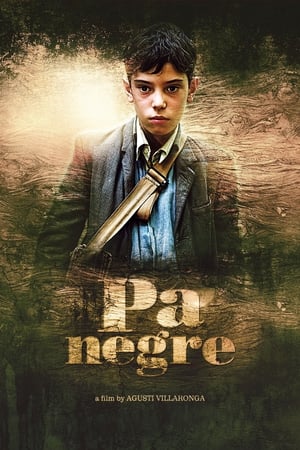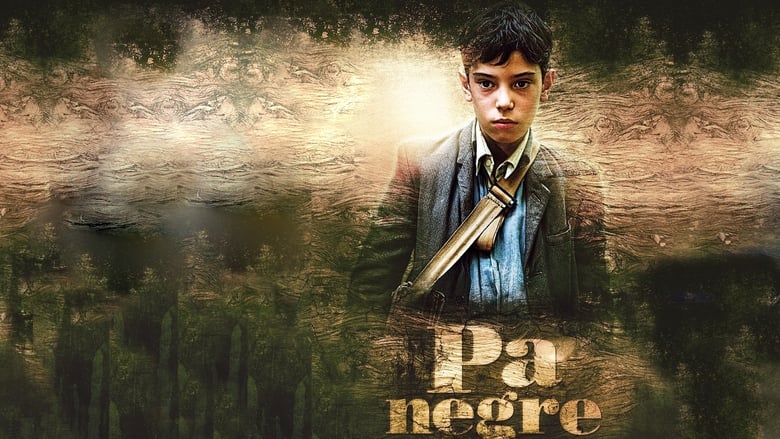
Black Bread (2010)
1h 48m | PG-13
In the harsh post-war years' Catalan countryside, Andreu, a child that belongs to the losing side, finds the corpses of a man and his son in the forest. The authorities want his father to be made responsible of the deaths, but Andreu tries to help his father by finding out who truly killed them. In this search, Andreu develops a moral consciousness against a world of adults fed by lies. In order to survive, he betrays his own roots and ends up finding out the monster that lives within him.
Director: Agustí Villaronga
Studio: Massa d'Or Produccions
Genre: Crime, Drama
Video: 720p
Cast

Francesc Colomer
as Andreu

Marina Comas
as Núria

Nora Navas
as Florència

Roger Casamajor
as Farriol

Lluïsa Castell
as Ció

Mercé Arànega
as Sra. Manubens
Reviews
A different story in the after times of the Spanish Civil War. Cleverly, it mixes a thriller with the destruction of the naïve childhood of the main character. Who is good and who is bad, who is true and who lies is unclear as the events that lead to the current situation. A must to see in nowadays Spanish film making.
Agustí Villaronga's "Pa Negre" (Black Bread) belongs to a vital tradition of Spanish cinema that uses a child's perspective to reveal how fascism poisons communities from within. Like Guillermo del Toro's "Pan's Labyrinth" and especially Víctor Erice's "El Sur" (1983), this film understands that childhood under fascism means the premature death of innocence. Young Andreu doesn't just grow up; he's forced to witness the moral rot beneath the surface of his post-Civil War Catalan village. The film operates on dual registers. On one level, it's a mystery structured like an elaborate game of Clue, with Andreu piecing together who did what and why in the aftermath of a father and son's death. On another, darker level, it's an unflinching examination of humanity's extremes: the cruelty that the wealthy perpetrate for their own gain, and the profound sacrifices others make in the name of survival and loyalty. The title, "black bread," refers both to the rationed, bitter bread of poverty and to the darkness that permeates every corner of the story. Villaronga creates the perfect atmosphere for this narrative. The film is raw, shot in deliberately unsaturated colors that capture post-war deprivation and moral grayness. The acting is superbly appropriate, grounding the gothic horror in lived reality. This was the first Catalan-language film to represent Spain at the Academy Awards, a politically significant achievement given Catalonia's brutal cultural suppression under Franco. However, the mystery at the film's core is dense, perhaps too dense. The threads of betrayal, collaboration, and revenge are difficult to follow in their entirety, leaving the viewer occasionally disoriented. The film needed either more runtime to let the narrative breathe, or a less ambitious screenplay. At 8/10, "Pa Negre" is a haunting, important work that occasionally buckles under the weight of its own complexity. But what it captures, the poison that fascism leaves behind, lingers long after the final frame.
